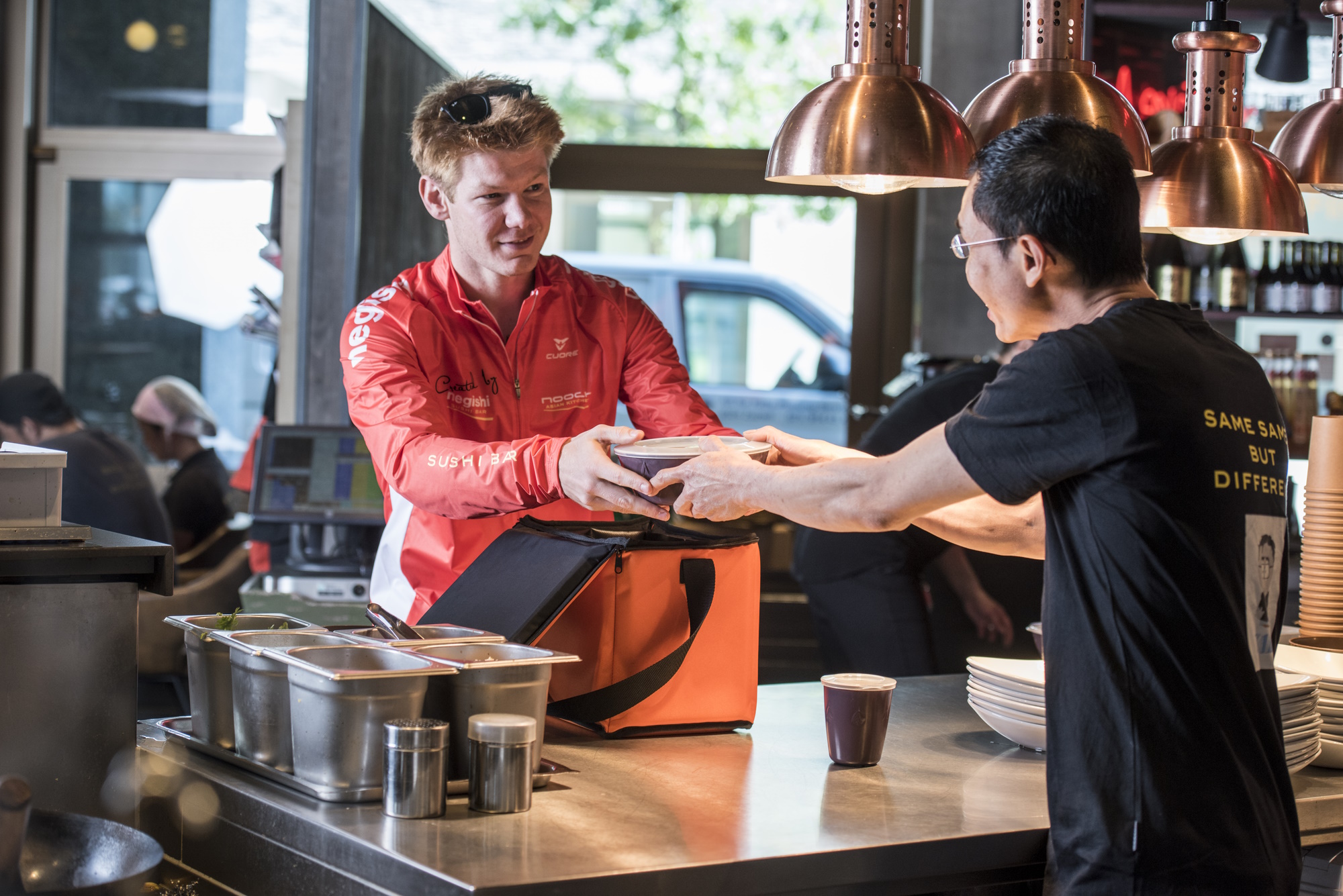New study proves reusable packaging is economically viable at scale

29 June 2023
A new study from Zero Waste Europe and Searious Business demonstrates that reusable packaging is an economically viable alternative to single-use packaging when certain conditions are met.
The cost-benefit analysis, “The economics of reuse systems – a study into what makes a financially viable reusable packaging system”, conducted by Searious Business, identified three key performance indicators in creating a financially healthy reuse system: return rates, number of average use cycles, and retention time.
Three open-loop packaging categories were investigated, using Spain, Italy, and Germany as archetype countries:
- Food containers for takeaway food (PP);
- Secondary transport packaging (FIBC);
- Beverage containers (PET bottles).
The economic viability was based on return on investment for a reuse systems provider and the accumulated costs of single-use plastic packaging versus reusable plastic packaging for a system user.
The study found that:
- Reusable takeaway food containers are cheaper for service users, and system providers achieve return on investment between years 3 and 4.
- In secondary transport packaging, results show that the return on investment for a systems provider is achieved between years 2 and 3, and the user costs are similar.
- Reusable beverage containers are economically advantageous for the users, and the return on investment for system providers can be reached between years 5 and 6.
These results prove the business case for investing in reusable business models as a system provider, and that reuse will be profitable for all stakeholders in the longer term. Based on current regulatory developments in Europe, it is believed that the price for single-use packaging will increase, meaning reusable packaging will continue to gain economic advantage.
In providing more clarity on costs and benefits, this study intends to inform businesses and policymakers in future decision-making to confidently support reuse.
Willemijn Peeters, CEO and founder of Searious Business states: “Packaging users often overestimate the risk of switching to reusable packaging. This study mathematically proves that reuse is financially viable, and it doesn’t even begin to consider the external costs of continuing business as usual. Reuse must be a priority to prevent plastic waste before it becomes pollution.”
Nathan Dufour, Reuse Systems Manager at Zero Waste Europe, says: “Today the question is not ‘IF’ but ‘HOW’ we need to make prevention and reuse a living reality in Europe and beyond. This study is yet another clear demonstration that in a matter of only a few years, well-designed high-performing systems for reuse will help reconcile economics with pressing environmental concerns.”
ENDS
Photo credits: ReCircle
MEDIA OUTREACH CONTACTS
- Willemijn Peeters, CEO and Founder of Searious Business, [email protected]
- Emma Samson, Marketing Communications Manager at Searious Business, [email protected]
- Nathan Dufour, Reuse Systems Manager and Leader of the ReuSe Vanguard Project (RSVP) at Zero Waste Europe, [email protected]
- Sean Flynn, Media Outreach & Communications Officer at Zero Waste Europe, [email protected] or [email protected] / +32 471 96 55 93
Zero Waste Europe is a European network of communities, local leaders, experts, and change agents working towards the elimination of waste in our society. Advocating for sustainable systems and the redesign of mankind’s relationship with resources, they accelerate a just transition towards zero waste for the benefit of people and the planet. www.zerowasteeurope.eu
Searious Business is an impact-driven company based in the Netherlands, working towards zero plastics entering our ocean. They help businesses in the plastic value chain to keep plastics in the economy and out of the environment. Searious Business regularly performs in-depth Cost-Benefit Analyses for individual companies or case-by-case examples. For this study, Searious Business has made a high-level overview of the costs and benefits of three plastic packaging cases, comparing reusable plastics with single-use plastics options. www.seriousbusiness.com